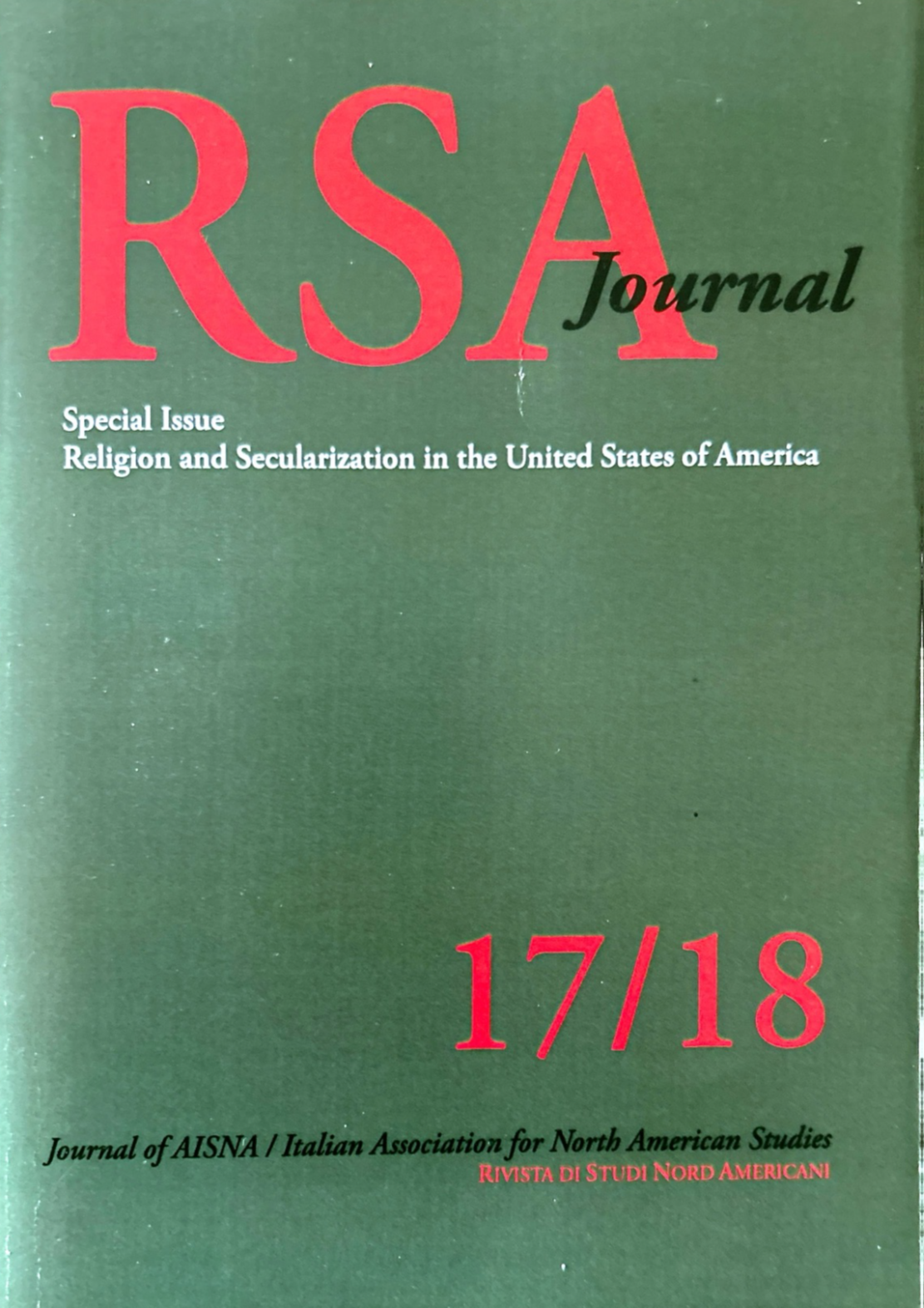The Supreme Court and the Religion Clauses of the First Amendment
Trials and Tribulations in Constitutional Interpretation
DOI:
https://doi.org/10.13135/1592-4467/8792Keywords:
supreme court, establishment clause, religion clause, the first amendmentAbstract
The case law interpreting the religious clauses of the First Amendment of the Constitution is extremely complex and not always coherent. This paper will try to draw an essential “map” of the decisions of the Supreme Court of the United States in order to focus on issues, problems and solutions comparable to the ones that are relevant in the Italian legal system. After a very brief historical introduction, in the second part I will describe the most important cases on the Establishment Clause distinguishing several subjects areas: Access to school facilities on part of religious organizations; Religious symbols on public spaces; Prayer before a school sport event; Prayer at school; Curricula; Funding of religious schools. In the third part, following a schematic overview of the problems related to the interpretation of the Free Exercise Clause, I will describe the most relevant cases before 1960 and the recent developments. Part four will underline that the Warren Court – to a large extent followed by the Burger Court – offered a wide range interpretation of both the Establishment and the Free Exercise Clauses, while a change occurred during the years of Chief Justice Rehnquist. In part five I will observe that year 2005 is a significant one. In fact, President Bush (who had not had the possibility to fill any vacancy during his first term) appointed two new Justices. Chief Justice Roberts has been called to the chair that had belonged for a long time to Rehnquist, and Justice O’Connor (whose vote had always been decisive in matters of relationship between state and church) is replaced by Justice Alito. The importance of 2005 also emerges with relation to the religious clauses of the First Amendment. Evidence shows that, although the most conservative members of the Republican Party have been trying to influence the interpretation of both clauses, they have not always succeeded in their intent. Finally, I will briefly analyze Gonzales v. O Centro, an important case on religious freedom, decided in 2006 by the new court.
Downloads
Published
Issue
Section
License
RSAJournal applies a CC BY-NC-ND license to all its contributions. This license enables reusers to copy and distribute the material in any medium or format in unadapted form only, for noncommercial purposes only, and only so long as attribution is given to the creator. CC BY-NC-ND includes the following elements:
- BY: credit must be given to the creator.
- NC: Only noncommercial uses of the work are permitted.
- ND: No derivatives or adaptations of the work are permitted.
Authors who publish with this journal agree to the following terms:
- Authors retain the copyright and full publishing rights for their submissions to the journal.
- Authors grant the journal right of first publication with the work simultaneously licensed under a Creative Commons Attribution-NonCommercial-NoDerivatives 4.0 International License that allows others to share unedited work for non-commercial purposes with an acknowledgement of the work's authorship and initial publication in this journal.
- Authors are able to enter into separate, additional contractual arrangements for the non-exclusive distribution of the journal's published version of the work (e.g., post it to an institutional repository or publish it in a book), with an acknowledgement of its initial publication in this journal.




